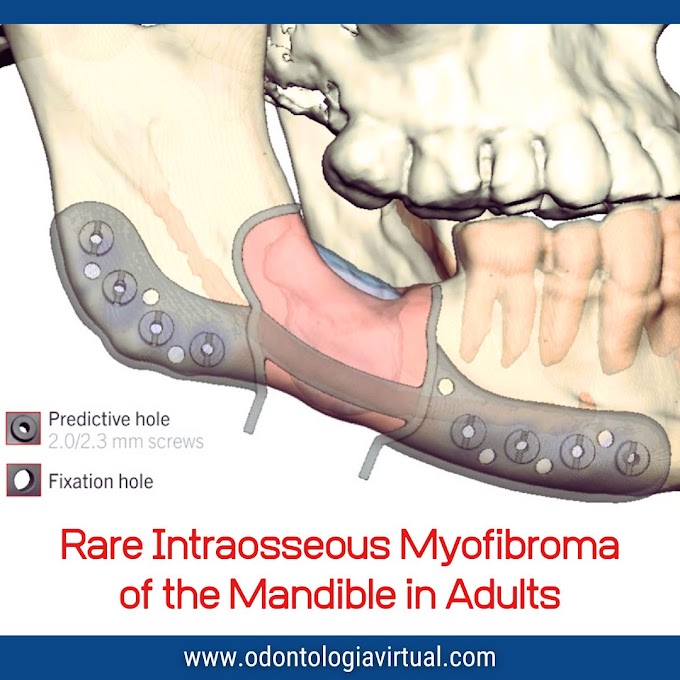Recent studies have explored the use of metformin, a well-known diabetes medication, as an adjunct in periodontal therapy.
Over the last five years, both systemic and local applications have shown promising results—even in non-diabetic individuals.
Key Findings (Last 5 Years)
❤ Systemic adjunct therapy
A clinical trial administered 850 mg/day of metformin to non-diabetic patients undergoing nonsurgical periodontal therapy (NSPT).
After 12 weeks, patients exhibited modest but meaningful reductions in pocket depth (≈0.21 mm) and lower bleeding indices.
While systemic antibiotic adjuncts yielded reductions of 0.26–0.53 mm, the effects of metformin were noteworthy given its better safety profile.
❤ Topical metformin delivery
A recent randomized, double-blind study evaluated a 1% metformin biodegradable chip used along with scaling and root planing. Improvements included:
✔ Greater reduction in plaque index (PI) and sulcus bleeding index (mSBI)
✔ Significant gains in clinical attachment level (CAL)
✔ Notable decrease in Porphyromonas gingivalis counts.
❤ Animal and pilot translational studies
Research in mice and small-scale human pilots indicate metformin may:
✔ Prevent bone loss by activating AMPK
✔ Modulate the oral microbiome and local inflammation.
❤ Diabetes-focused cohort data
A large Taiwanese cohort found that long-term metformin users had a 37% lower risk of developing gingival and periodontal diseases, demonstrating a clear dose-response effect.
Summary
Metformin shows promise as an adjunctive therapy in periodontal care by:
1. Reducing inflammation (lower bleeding, cytokine inhibition)
2. Enhancing periodontal stability (less probing depth, CAL gains)
3. Limiting bone loss via AMPK-driven osteogenesis
4. Improving microbial balance locally and systemically
These benefits have been observed with both systemic administration and localized delivery (1% chip).
While topical use demonstrated notable clinical improvements, systemic therapy might offer broader metabolic and bone-protective effects.
Why This Matters
✔ Offers a safe, cost-effective adjunct to standard periodontal therapy
✔ Bridges oral and systemic health, particularly in diabetic or high-risk populations
✔ Opens pathways for personalized periodontal strategies leveraging metabolic modulators
Recommended Read for Further Reading
- For dental professionals looking to deepen their understanding, I recommend the comprehensive review:
"Applications of Metformin in Dentistry—A Review", published in 2023. It provides an up-to-date synthesis of clinical trials, mechanistic insights, and guidance on integrating metformin into periodontal practice.
- Front. Endocrinol., 04 October 2022. Metformin and risk of gingival/periodontal diseases in diabetes patients: A retrospective cohort study. Chin-Hsiao Tseng
- Healthcare 2024, 12(18), 1844. Effect of Periodontal Treatment in Patients with Periodontitis and Diabetes: Review of Systematic Reviews with Meta-Analyses in the Last Five Years
- FASEB J. 2025 Jul 9;39(13):e70814. Non‐Surgical Periodontal Therapy and Metformin Improve Bone Loss in Obese Mice With Periodontitis by Modulating the Gut Microbiota
- Journal of Translational Medicine volume 21, Article number: 655 (2023). Repurposing Metformin for periodontal disease management as a form of oral-systemic preventive medicine













